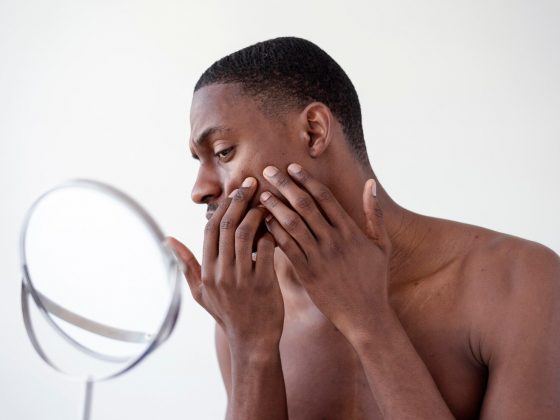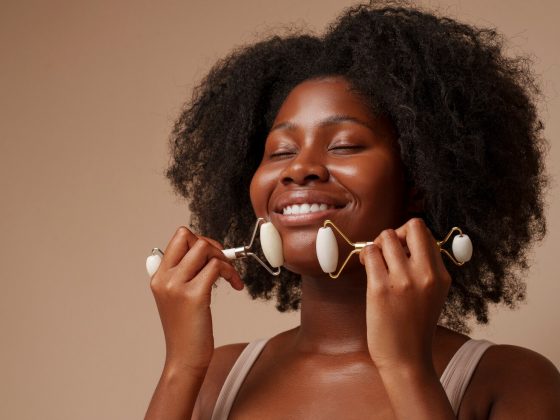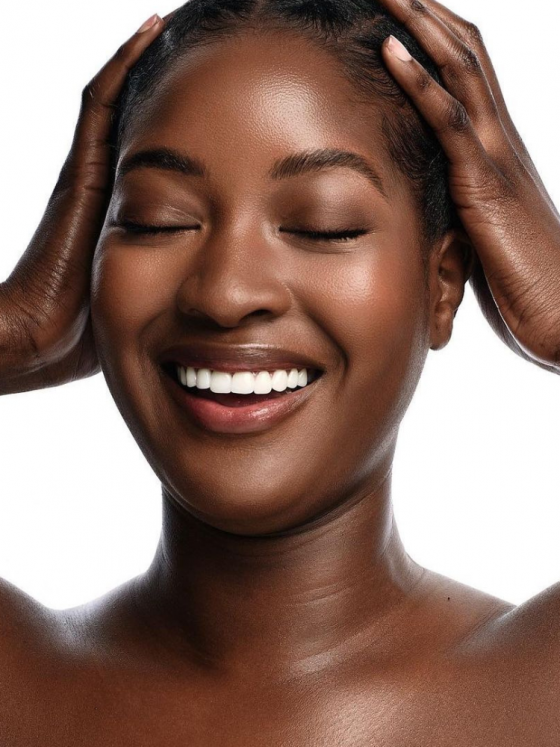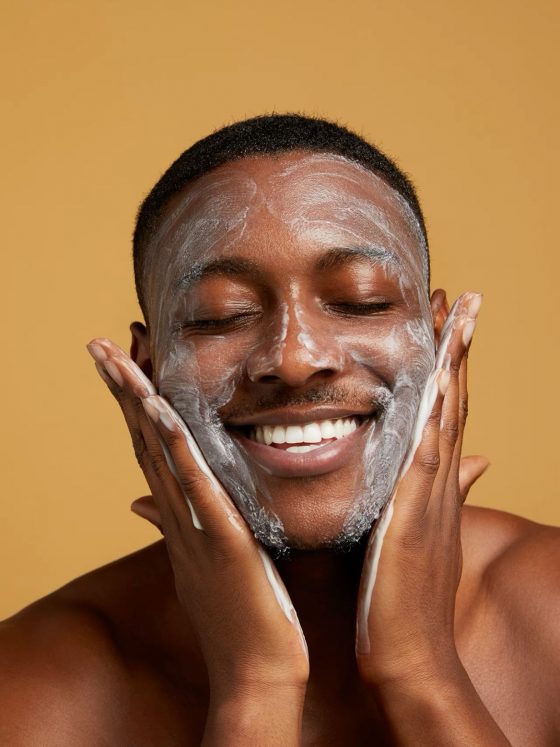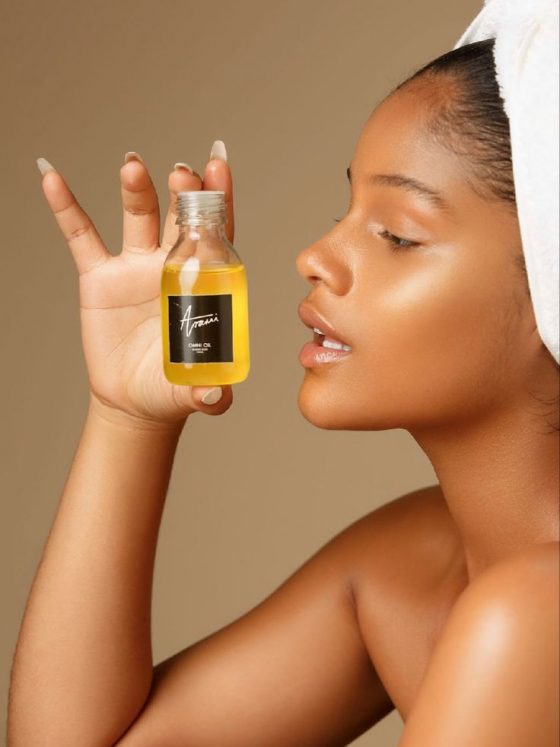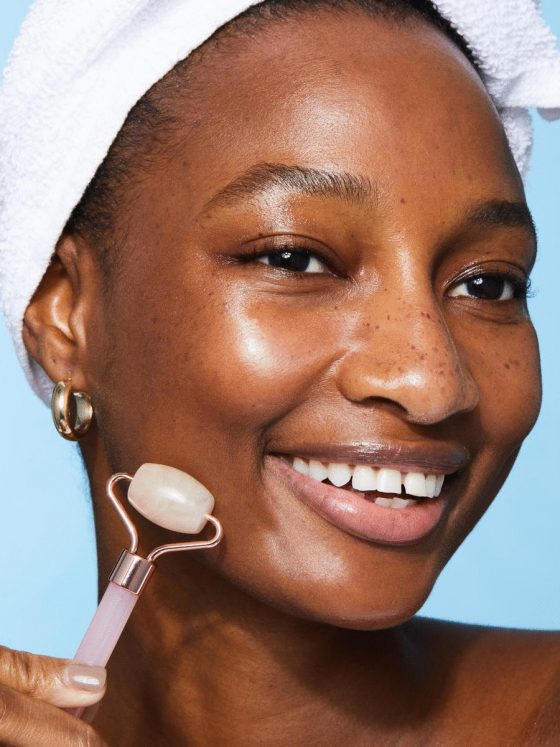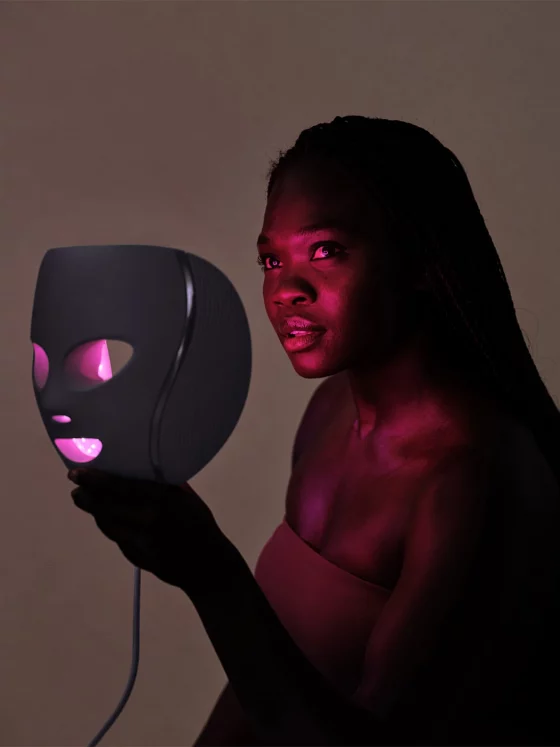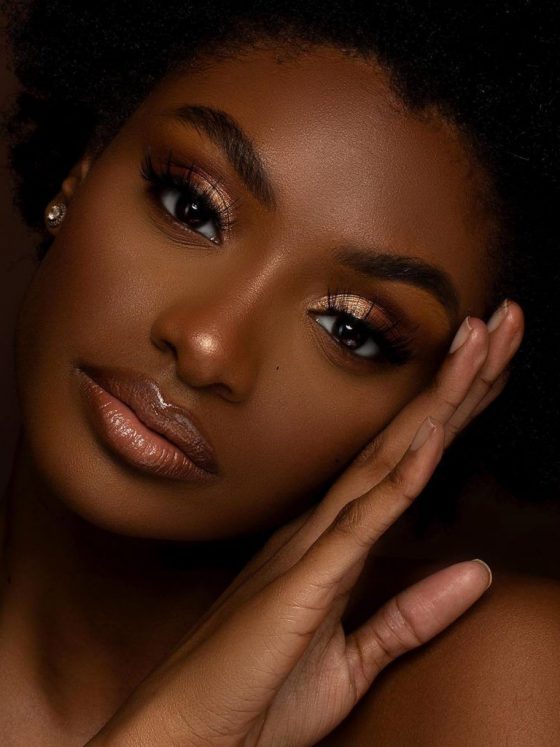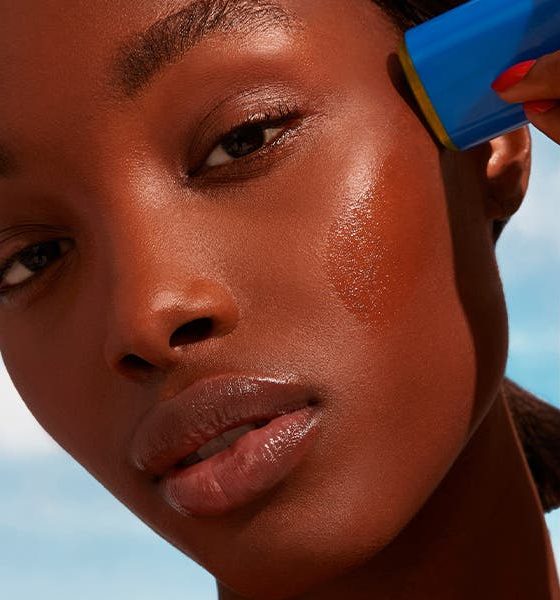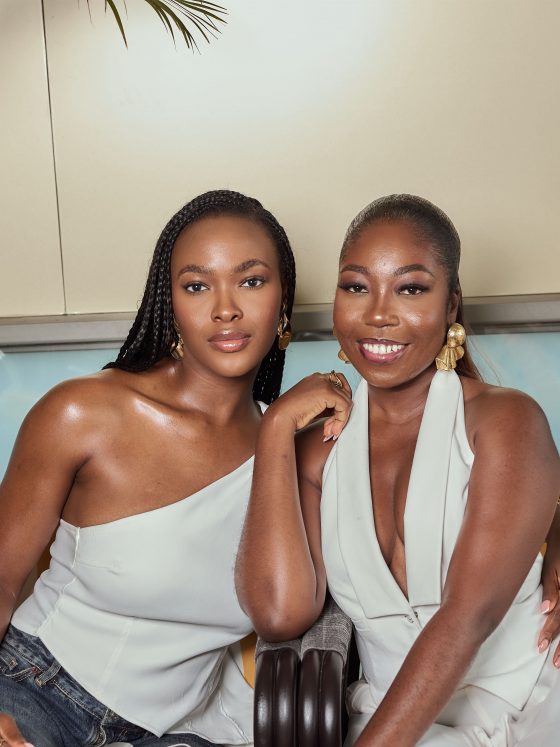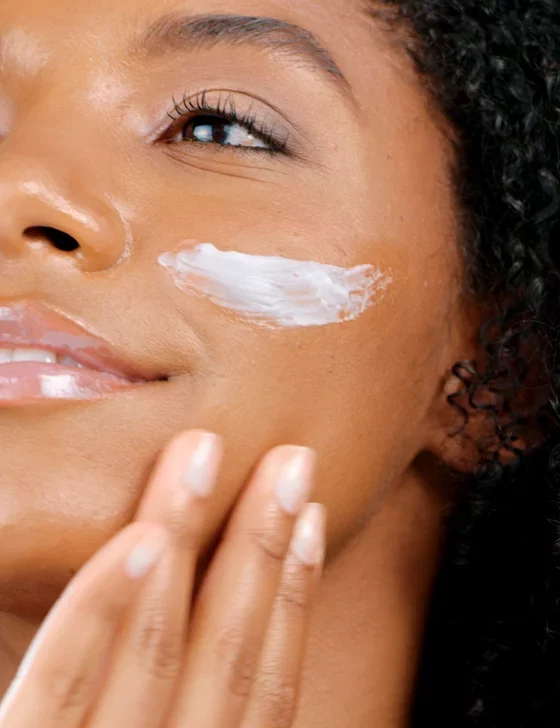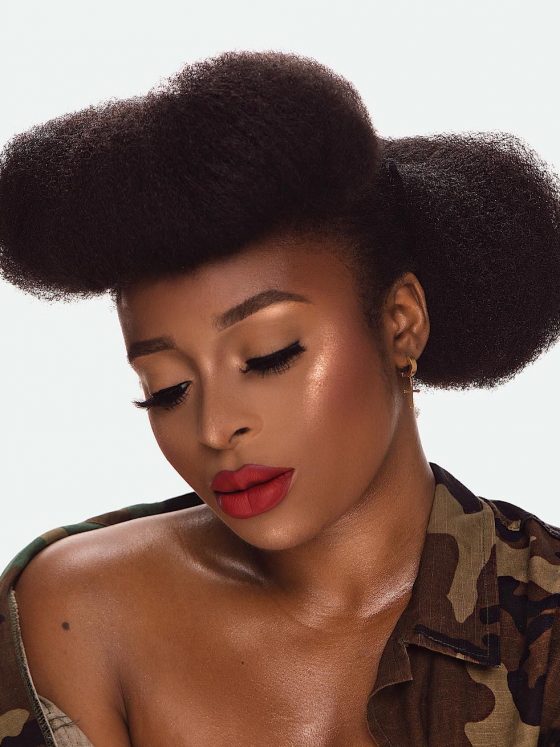Gone are the days when beauty standards were defined solely by glossy magazine covers and red-carpet appearances. Now, they exist within the palm of your hand, accessible through a simple swipe and tap. With the rise of social media filters, platforms like Instagram, TikTok, and Snapchat have redefined the way young people view themselves. However, what was once a playful way to enhance selfies and experiment with virtual makeup has spiralled into a deeper, more complex impact on self-esteem and self-perception.
The Rise of Digital Alter Egos
Social media filters initially emerged as a fun and creative way for users to customise their content. From rainbow effects to animal ears and digital makeup, filters added an element of whimsy to online interactions. But as technology evolved, so did the sophistication of these filters. Suddenly, filters weren’t just for adding humour or colour; they became tools to alter the contours of one’s face, smooth out skin imperfections, shrink the nose, or even enlarge the eyes. These augmented features began to resemble what society already deemed beautiful, and soon enough, these virtual touch-ups were normalised.
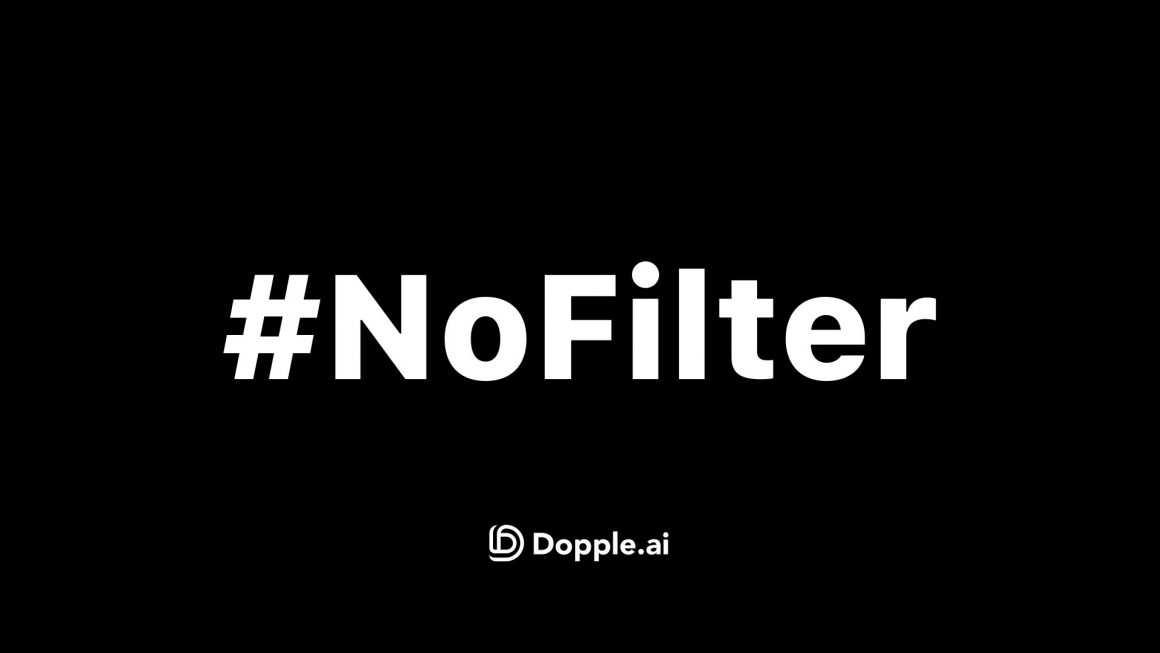
With access to these near-perfect versions of themselves, young people have embraced digital alter egos that seem unattainably flawless. According to a recent study conducted by the American Psychological Association, nearly 55% of teenagers and young adults admitted to using filters regularly and feeling pressured to replicate their filtered appearance in real life. The idealised self becomes addictive, and the lines between authenticity and artificiality start to blur.
Beauty Pressure in the Age of Filters
The impact of these filters goes beyond the aesthetic; it seeps into the very core of how young people feel about themselves. Psychologists have long warned that constantly engaging with digitally manipulated images can skew perceptions of beauty and lead to body image dissatisfaction. With everyone’s online presence curated and edited to highlight only the best angles and features, a relentless comparison cycle has emerged. Young people are not just comparing themselves to celebrities or influencers but also to idealised, filtered versions of their own friends and peers.
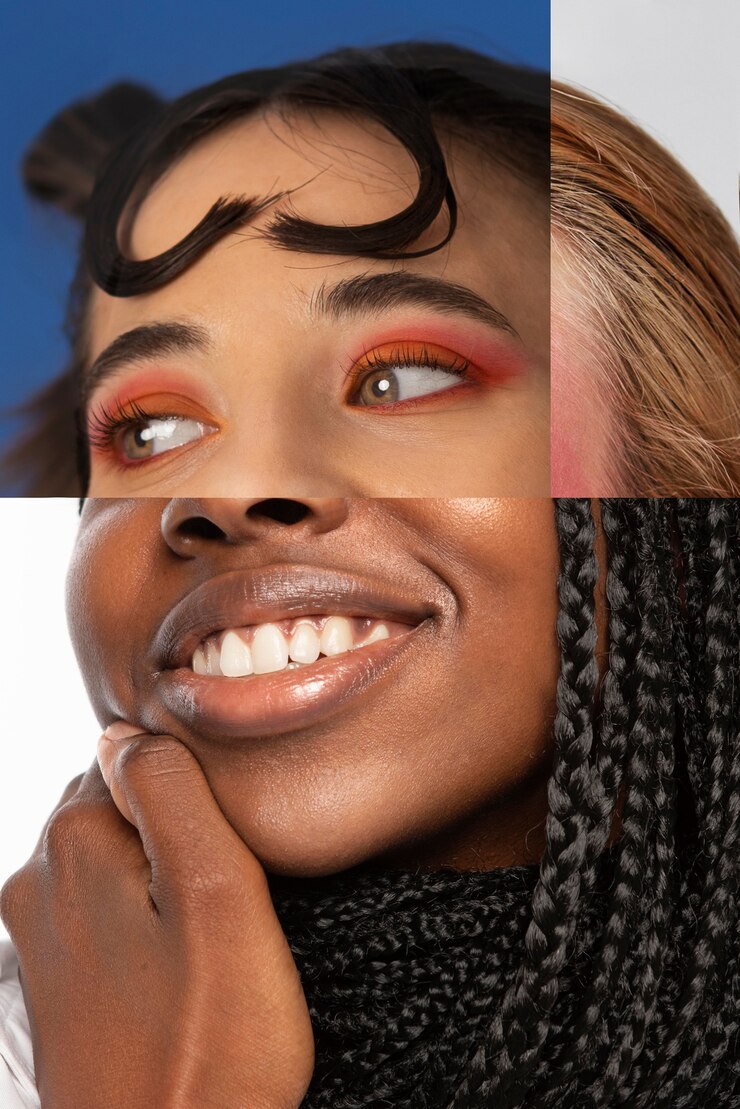
It’s no secret that the era of flawless skin and perfectly sculpted features has made many feel less confident about their natural appearance. The “filter dysmorphia” phenomenon, a term coined by experts, describes the growing trend of individuals feeling distressed when they look in the mirror and don’t see the filtered version of themselves staring back. It’s not uncommon for plastic surgeons to report an increase in requests from young people wanting cosmetic procedures to resemble how they look in a specific filter.
The Pursuit of Perfection or an Endless Trap?
As filters become more accessible and increasingly realistic, it becomes difficult to separate reality from fiction. Young people are often left questioning whether their unfiltered selves are “enough,” leading to feelings of inadequacy, anxiety, and depression.
Platforms like Instagram and TikTok have attempted to address the negative impact by introducing features that disclose when a filter has been used, but these measures have done little to curb the overwhelming obsession with digital perfection. Critics argue that the problem isn’t just the filters themselves but the broader culture of curated perfection that social media perpetuates.
Social media activist Jameela Jamil, known for her body positivity campaigns, has emphasised that filters are a “gateway drug” into more dangerous body image issues. “It starts with smoothing out a few lines here and there, but soon enough, you feel like you can’t be seen in public or even online without altering how you look,” she wrote in a viral post. The reality is harsh: these seemingly innocent tools can make young people feel trapped in a digital feedback loop of seeking validation through likes and comments, always wondering if their natural self will ever be celebrated the way their edited self is.
Can We Breakt Free from the Filter Addiction?
Despite the alarming consequences, there is hope. Conversations around self-love, authenticity, and the harmful effects of filters are becoming louder and more widespread. Influencers and celebrities are starting to embrace the #NoFilter movement, proudly sharing unedited, raw images of themselves. Campaigns like the “Selfie Esteem” project aim to educate young people about the psychological impact of filters, urging them to embrace their unique features and beauty.
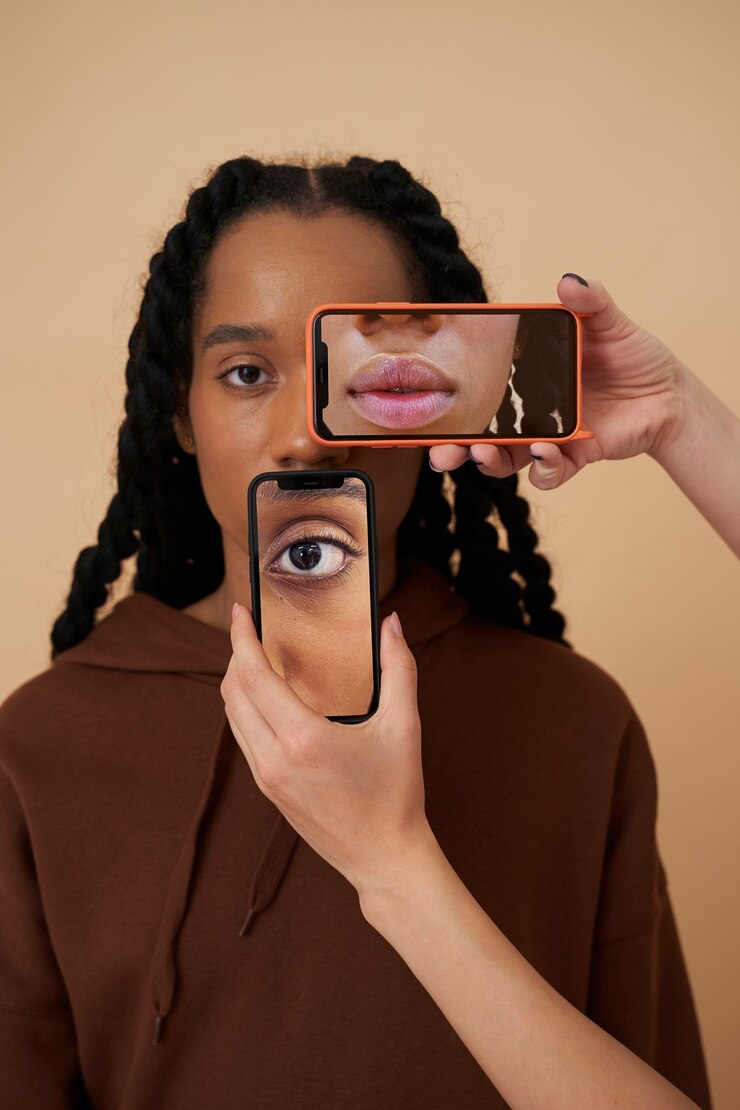
But the responsibility doesn’t lie solely with individuals. Social media companies have a crucial role to play in curbing the addictive nature of filters. Advocates suggest that platforms should implement more rigorous regulations around the use of face-altering technology and consider banning filters that promote unrealistic beauty standards. Moreover, education around media literacy should be incorporated into school curriculums to equip young people with the skills to navigate social media’s filtered world.
In the end, the goal isn’t to villainise filters but to understand their impact on our psyche and take steps to minimise harm. Social media will always be a space for creativity and self-expression, but it’s crucial to remember that the best version of ourselves is not the one enhanced by a digital tool. As society continues to grapple with the filter effect, embracing authenticity and promoting mental well-being must become the new standard for our social interactions.


